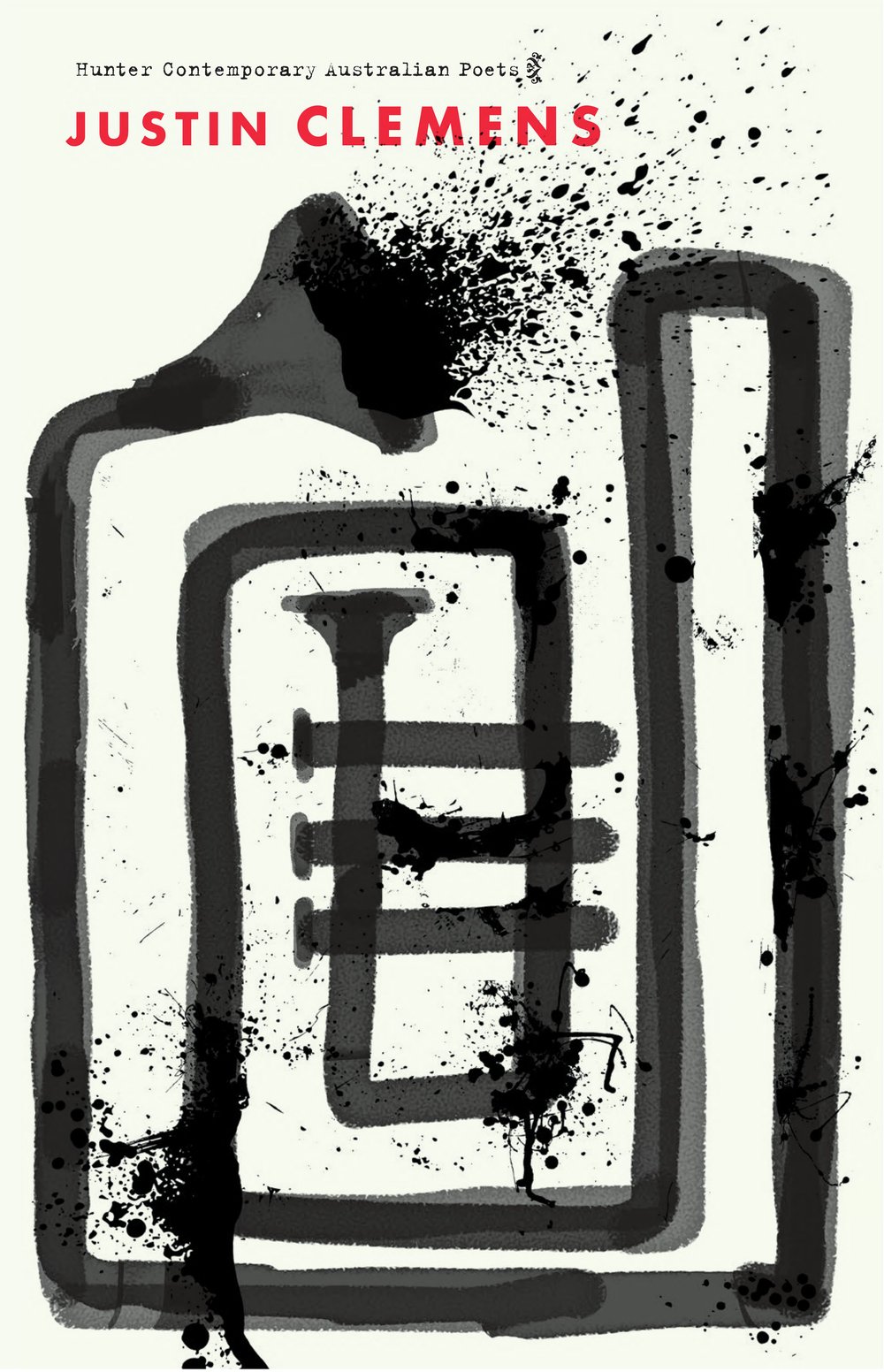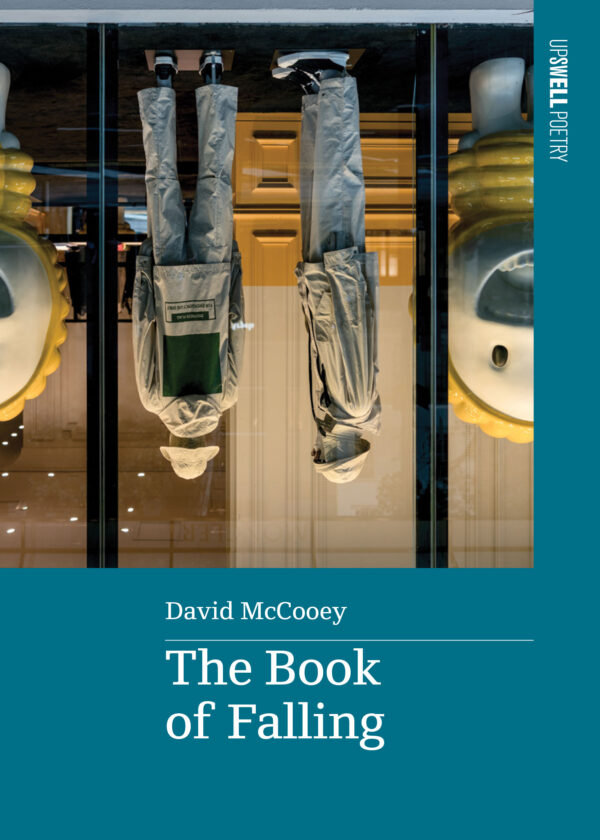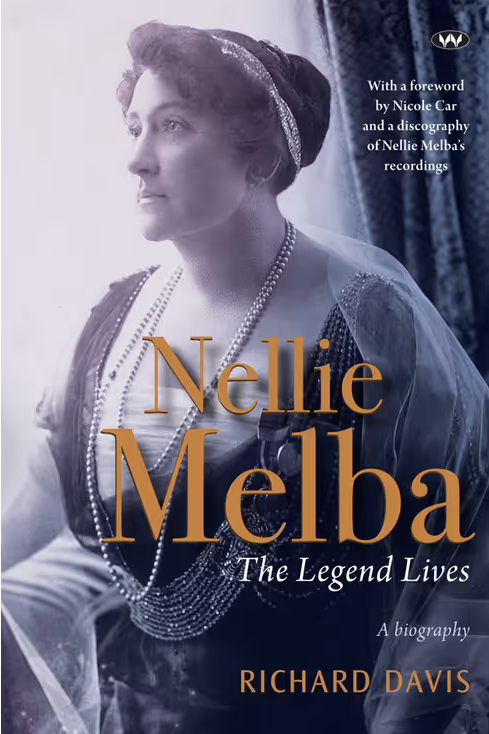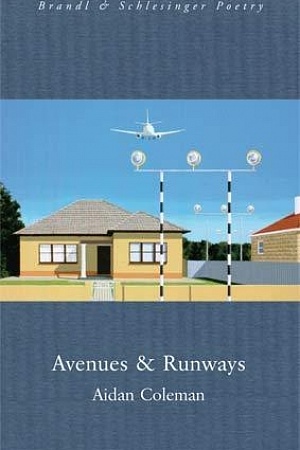A Foul Wind
Hunter Publishers, $24.95 pb, 104 pp
The Book of Falling
Upswell, $24.99 pb, 112 pp
'The song of null land'
In a world both foul and fallen, where delusion, death, and unassailable Dummheit seem to wait on every corner, what can poetry do that warrants our rapt attention more than every other kind of distraction? Justin Clemens voiced the common lament when he wrote, ‘No-one reads poetry anymore, there being not enough time and more exciting entertainments out there.’ The issue, he said, is ‘a materialist problem that has always proven fundamental for poets: how to compose something that, by its own mere affective powers alone, will continue to be read or recited’ (‘Being Caught dead’, Overland, 202, 2011). That clinches the dilemma rather well. And yet, entertainment or not – and effective or not in their affective power – poetry collections seem to endure as a place, of Lilliputian dimensions, to encounter other worlds and world views.
A Foul Wind traces its lineage back to a hermetic Occitan troubadour, Arnaut Daniel, whose provocative poem ‘Pus Raimons e Truc Malecx’ reads in part (the translation is unattributed), ‘Cos the trumpet’s crude and hairy / And the swamp it hides is dark’. This poem, Giorgio Agamben suggests in The End of the Poem (1999), ‘transforms a sexual prank into a poetic query’, with a trope that seems to doubly signify the anus and a break with metrical norms. Dante referred to Daniel as il miglior fabbro, the better maker. Clemens’s genre-blending fluency is likewise highly artful, formidably energetic, and incessantly coded. Some readers will relish digging up the source codes and spotting the compulsive transformations (‘Hombre Wail, / Sea Moan’s brother’, ‘Punk Fraud’, ‘Lacky’, ‘Thus Spuke Zerothruster’). Others will enjoy the Beckettian nihilist exuberance and its self-reflexive, rollicking disorder and muck:
i put me trumpet to me lips and blow
much like roland at roncevalles
but this is not navarre & there’s no Charlemagne
to send belated aid: there’s only champagne
& abominations breeding like the cane toads of Outremer
flowering to deliquescent pustules in fading night
(‘the song of null land’)
Do not endure the enteritis of elocutionary ordure
a voice brayed suddenly through the half-light of the hall.
(‘Busting stile to prolong the mechanical’s existentially
intervallic void’)
Continue reading for only $10 per month. Subscribe and gain full access to Australian Book Review. Already a subscriber? Sign in. If you need assistance, feel free to contact us.


















Leave a comment
If you are an ABR subscriber, you will need to sign in to post a comment.
If you have forgotten your sign in details, or if you receive an error message when trying to submit your comment, please email your comment (and the name of the article to which it relates) to ABR Comments. We will review your comment and, subject to approval, we will post it under your name.
Please note that all comments must be approved by ABR and comply with our Terms & Conditions.